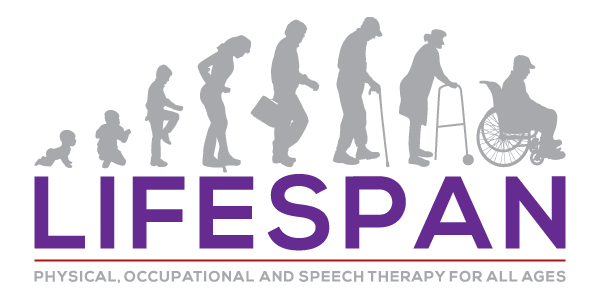If you are a Home Health Agency or clinician, you’re likely already anticipating and preparing for the changes that will soon be made to the Outcome and Assessment Information Set AKA OASIS. Just when we were all comfortable with OASIS C-2, too!
At Lifespan we believe that simply expecting agencies and clinicians to keep up with Medicare policy changes, while we sit back and relax, does not lead to success. Our QA team has already begun reviewing the materials released by CMS to create a plan of implementation. So when these changes go in to effect January 1st, 2019 you can be sure we will be prepared and ready to support you.
Despite the challenges presented by this change, we are of the opinion that these will largely be positive! Lifespan is used to flexibility – whether that is adapting to agency interpretations, preferences, and policies OR following along with the big changes such as ICD-9 to ICD-10, Medicare ID updates, and CMS revisions!
While it is difficult to tell until implementation has been finalized, standardized assessments across Post-Acute Care settings will hopefully allow healthcare professionals to paint a more accurate picture of a patient’s progress. We are hopeful that “interoperable data exchange” will give clinicians and office staff an improved foundation for patient care.
We are definitely excited to see that the already lengthy OASIS is being “tightened” up a bit as well. With the removal of: M0903, M1011, M1017, M1018, M1025, M1034, M1036, M1210, M1220, M1230, M1240, M1300, M1302, M1313, M1320, M1350, M1410, M1501, M1511, M1615, M1750, M1880, M1890, M1900, M2040, M2110, M2250, and M2430 (28 items in total!) there will surely be less confusion with non-applicable items taken out. Did you notice that some of the ever-important “1800’s questions” M1880 and M1890 have been removed?
The ‘M’ questions as we’ve been calling them, now have J and GG as part of the mix! The new GG sections are quite a change. GG0100 now asks that a patient’s prior level of function, in terms of activities, be defined. This will be great for accurately scoring our patients who will just never get to a zero on the 1800s. Moving forward, GG0130 seems to be a replacement for our missing M1880 and M1890 items. The additional scoring explanations are great!
It is interesting to see that the OASIS now asks for, and defines, the “number of falls” with J1800 and J1900. How will this be tracked within a home health environment, though? This is going to rely upon great coordination of care and communicability from the patients and families!
Are you excited for the new OASIS-D changes? Or do you think they will create unnecessary administrative challenges?

Recent Comments